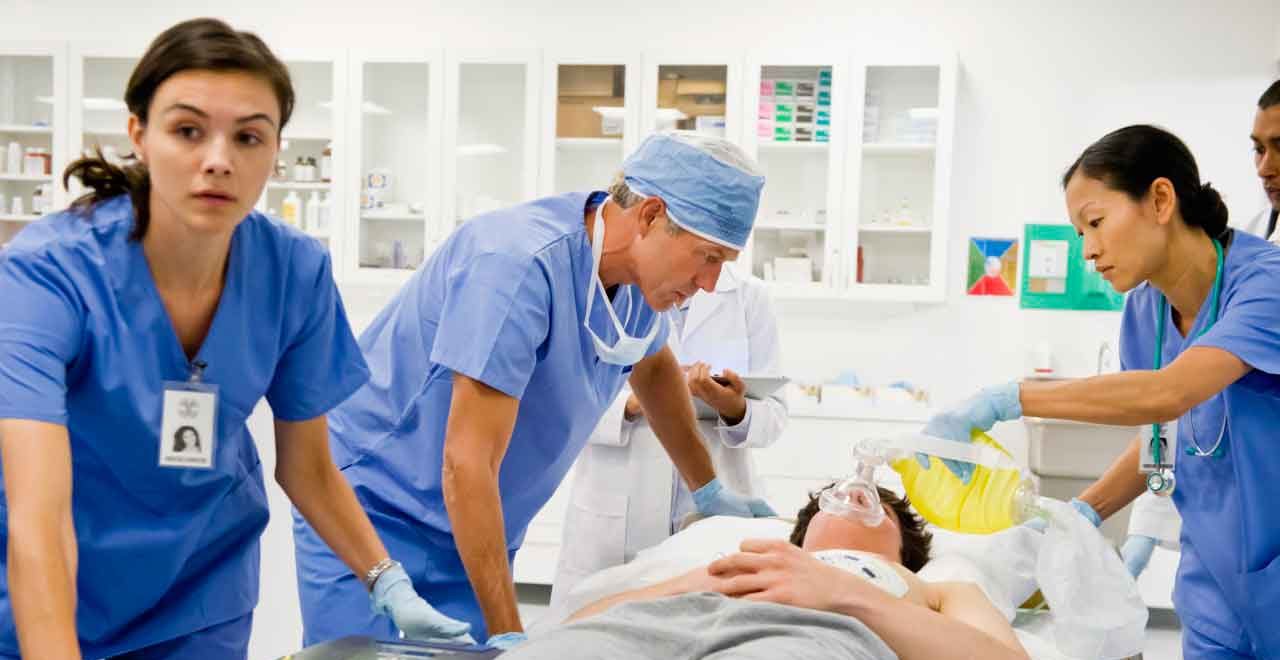“Natural” Products Send Thousands to Emergency Departments Every Year

Older people are landing in emergency departments when they use pot. Twenty-somethings taking weight loss and energy boosters are also at risk.
A non-prescription product, especially if it is considered “natural” or “herbal,” may seem safe. But things can go very wrong.
For example, as more older people experiment with cannabis, more have landed in the emergency departments. In one study, researchers identified more than 12,000 such cases among seniors in California.
YOU MIGHT ALSO LIKE: Your Diet Can Provide Natural Pain Relief
Supplements, including new marijuana products on sale, aren’t regulated the way pharmaceutical drugs are, and the products vary dramatically, so you simply don’t know what you’re getting.
Yet herbal products have become more popular, especially if they contain CBD (cannabidiol), an ingredient in cannabis that has many benefits but doesn’t make you high. The high in cannabis comes from another ingredient, THC (tetrahydrocannabinol).
One 56-year-old woman needed emergency care after taking hemp oil containing CBD and berberine, which made her dizzy. She was diagnosed with a dangerous cardiac arrhythmia.
Berberine, also called goldenseal, is found in the roots, rhizomes, and stem bark of many medicinal plants. It is frequently used in traditional Chinese and ayurvedic medicine to treat infections, diarrhea, type 2 diabetes, high cholesterol, and high blood pressure.
You’ll hear at emergency departments that reactions to “herbs” regularly send people to the hospital. Former basketball star Lamar Odom, for example, was rushed to the hospital after reportedly taking 10 herbal “Viagras.”
In fact, Americans make more than 23,000 visits to emergency rooms every year, alarmed by a reaction to a so-called health product, according to a federal government study. That conclusion came from records at 63 emergency departments across the country.
Most of the time, the emergency visitors were people between the ages of 20 and 34 who had chest pain, palpitations, or a high heart rate after taking weight loss or energy products.
Another big group — a fifth of the total — were children who swallowed a supplement before an adult could stop them. The moral is that it’s important to keep those bottles well out of reach.
Older adults need to watch out for choking and swallowing problems. They should take only one pill at a time, with plenty of fluid, and avoid large capsules.
If it’s legal, it’s okay, right?
Not necessarily: Legal drugs do harm. Alcohol is the most dangerous drug. Forty percent of all drug-related emergency visits involve alcohol, followed by opioids (14 percent), methamphetamine (11 percent), marijuana (11 percent), and cocaine (5 percent).
But it’s natural
Nature runs a big gamut from orchids and sunsets to snake venom and Ebola.
In any case, nothing in a capsule or a vape or dropper from a bottle is “all natural.” When you buy health products, you’re too often buying an illusion of health that consoles you for the fact that you’re probably not living healthily.
Generally, the claims on a supplement bottle are vague and not backed up by science. You may be wasting your money and putting yourself in danger.
Be aware that herbal pills or solutions may be contaminated. Especially in high concentrations, you should take them with the same care as a prescription drug. For instance, like drugs, they can interfere with other medications.
Other dangers are more subtle. Beta-carotene, vitamin E, and possibly high doses of vitamin A supplements may increase death rates, argue the five authors of an editorial in the prestigious Annals of Internal Medicine.
It's not a small problem. Almost 60 percent of Americans take a supplement of some kind, according to a government survey, and they’re even more popular among women older than 60. Multivitamins top the list, although there’s no evidence they help anyone who isn’t malnourished or deficient.
You might think that few people venture beyond vitamins or minerals, but about 5 percent of Americans in their 20s and 30s, and more than 8 percent in their 40s and 50s, take a supplement classified as a “botanical.”
Updated:
May 26, 2023
Reviewed By:
Christopher Nystuen, MD, MBA and Janet O'Dell, RN